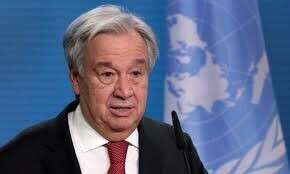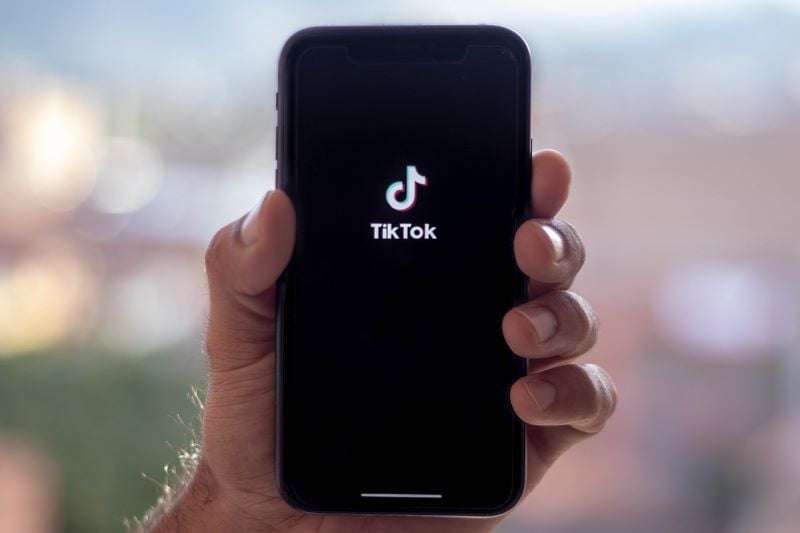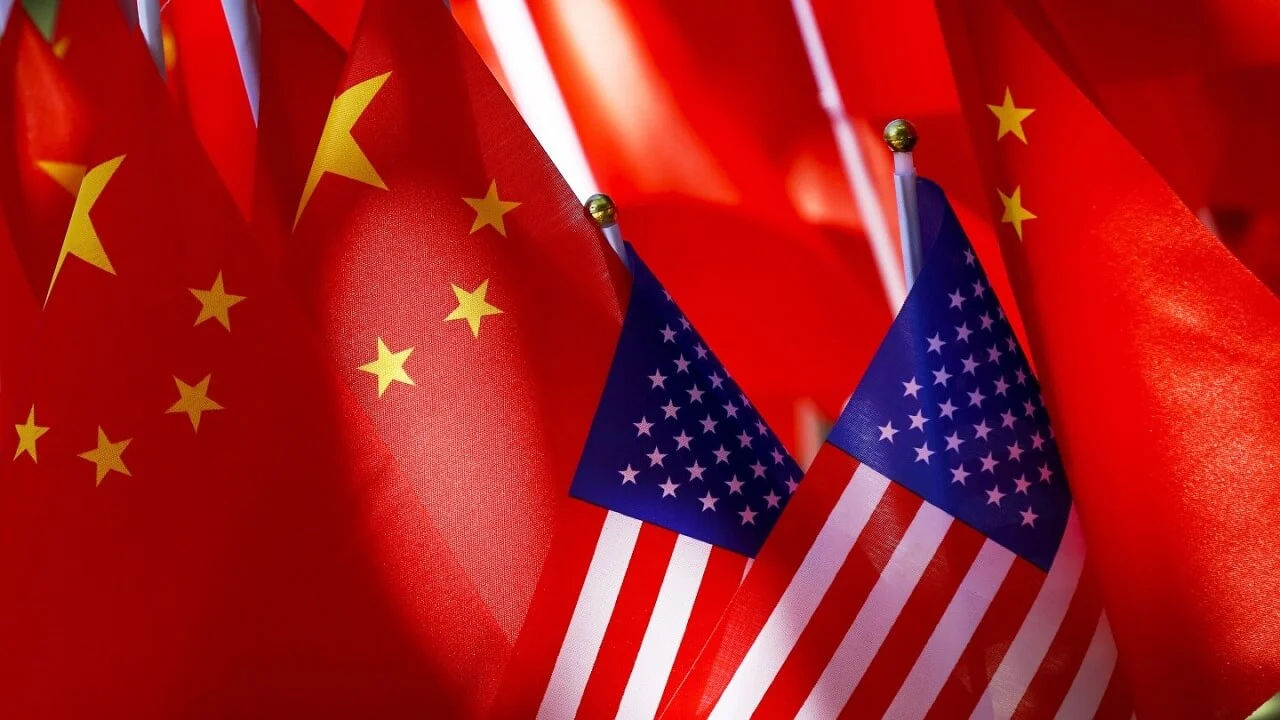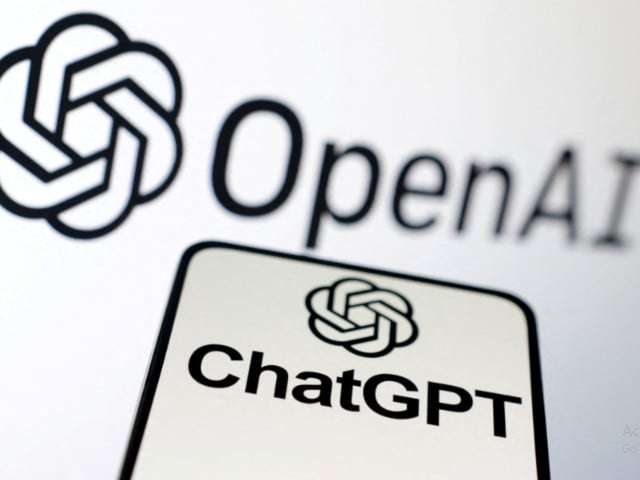Introduction
In a powerful statement on Tuesday, UN Secretary-General António Guterres warned that uncontrolled social media networks and artificial intelligence (AI) are amplifying some of humanity’s worst impulses, facilitating the rapid spread of hate speech and inciting violence. Speaking at the United Nations Alliance of Civilisations (UNAOC) global forum in Cascais, Portugal, Guterres emphasized the need for urgent action to curb the unchecked power of digital platforms, which have given hate speech unprecedented reach and influence.
The Amplification of Hate and Violence
During his address at the 10th Global Forum of UNAOC, Guterres noted that digital platforms and AI have created an environment where “hate speech” can spread like wildfire, reaching global audiences at an alarming speed. He pointed out that these platforms are enabling the worst impulses of humanity to be broadcasted with a megaphone, often with devastating consequences. Hate speech, misinformation, and disinformation are spreading faster and more widely than ever before, leading to an escalation in violence around the world.
The Role of Social Media and AI in Spreading Hate
Guterres made it clear that unchecked social media and AI-powered technologies have facilitated the unprecedented spread of hate speech. The speed at which misinformation circulates on these platforms is compounded by their reach, enabling false and harmful narratives to gain traction across borders. He warned that the digital age has given rise to a new era of hate, fueled by technology that allows anyone to amplify their prejudices, often to catastrophic results.
The proliferation of deepfakes—AI-generated videos that can manipulate reality—was another key concern for Guterres. These digital tools enable the creation of content that can deceive viewers in seconds, spreading false and damaging information at a scale previously unimaginable. Guterres noted that such misinformation has been used to **fuel anti-Semitism, anti-Muslim bigotry, and attacks on minority Christian communities, among others. These online hate campaigns are not only divisive but are driving people toward violence and conflict.
The Long-Standing Dangers of Old Tactics with New Tools
Despite the new tools available, Guterres emphasized that the tactics of hate and division being used are far from new. Social media platforms and AI technologies simply offer a new medium for the old, dangerous tactics. The combination of advanced technology and human prejudice has created an environment where harmful ideas can grow and thrive unchecked, exacerbating existing conflicts and contributing to further social polarization.
Tackling the Issue: The Role of the UN and UNAOC
The United Nations, under Guterres’ leadership, has long called for measures to promote peace, tolerance, and understanding across the globe. In his speech, Guterres reaffirmed the UN’s commitment to promoting peace in regions affected by conflict, including Gaza, Lebanon, Ukraine, and Sudan. He reiterated his calls for an end to the ongoing violence in these regions, pointing out that the unchecked spread of hate and misinformation only exacerbates the suffering of civilians caught in these conflicts.
The Importance of UNAOC’s Mission
The United Nations Alliance of Civilisations (UNAOC) is an initiative aimed at fostering greater cultural understanding, promoting religious pluralism, and advancing mutual respect between different communities worldwide. UNAOC’s global forum, which this year runs from November 25 to 27 in Cascais, Portugal, provides a platform for leaders from across the world to discuss and develop strategies to combat the growing challenges of extremism, intolerance, and hate.
This year’s forum brought together prominent figures, including heads of states, government ministers, and leaders of international organizations, to discuss the urgent need for dialogue and peace-building in the face of growing digital threats. Cultural diversity and interfaith dialogue have become more important than ever in the fight against intolerance, and UNAOC continues to advocate for solutions to these challenges.
UNAOC’s Founding and Mission
The UNAOC was founded in 2005 by Kofi Annan, former UN Secretary-General, as a political initiative to address global challenges related to intercultural and interfaith dialogue. It was co-sponsored by the governments of Spain and Turkey. The forum continues to be a key space for fostering global understanding and promoting cooperative solutions to issues that divide societies, particularly those related to cultural identity, religious differences, and migration.
The Growing Threat of Misinformation and Deepfakes
How AI is Creating a New Age of Misinformation
AI-generated deepfakes and other misinformation tools are becoming increasingly sophisticated, making it more difficult for people to discern truth from fiction. With AI, individuals can easily create videos or images that appear real but are entirely fabricated, leading to confusion and disillusionment. These deepfakes are often used in political and social campaigns to mislead the public, sow division, and tarnish reputations.
The speed at which such content spreads across social media platforms has far outpaced the ability of regulators and fact-checkers to contain the damage. As a result, it becomes increasingly difficult for individuals to distinguish between credible news and fabricated stories. Guterres stressed the need for greater regulation and accountability from tech companies to help mitigate the damage caused by these AI-driven tools.
The Political and Social Implications
The political and social ramifications of misinformation fueled by AI are vast. In democratic societies, the spread of fake news can interfere with elections, undermine public trust, and increase political polarization. In more authoritarian regimes, it can be used as a tool for censorship and manipulation, creating a distorted view of reality for citizens. The effects of AI-generated misinformation are far-reaching, posing a serious threat to the integrity of public discourse and the foundation of democratic processes.
FAQs
1. What did UN Secretary-General António Guterres say about social media and AI?
Guterres warned that unchecked social media and AI technologies are amplifying hate speech and misinformation, leading to increased violence and division globally. He stressed the urgent need for regulation to mitigate these dangers.
2. What are deepfakes and how do they impact society?
Deepfakes are AI-generated videos or images that manipulate reality, often creating false content that can mislead viewers. They contribute to misinformation, erode trust, and are increasingly used for political or social manipulation.
3. What is the UNAOC and why is it important?
The United Nations Alliance of Civilisations (UNAOC) is an initiative founded to promote intercultural understanding, religious pluralism, and mutual respect. It aims to address issues of extremism and intolerance globally, fostering dialogue and peace.
4. How can AI contribute to the spread of hate?
AI enables the rapid creation and distribution of harmful content, including deepfakes, that can spread hate speech, disinformation, and divisive narratives, often resulting in violence and increased societal tensions.
5. What is the UN doing to combat misinformation?
The UN, under Guterres’ leadership, is calling for greater accountability from digital platforms, as well as stricter regulation of AI technologies, to prevent the spread of hate and misinformation and to promote peaceful coexistence.
Conclusion
As digital platforms and AI continue to evolve, the responsibility to manage and regulate these technologies grows increasingly urgent. António Guterres‘ call to curb the unchecked spread of hate speech and disinformation through social media and AI highlights the need for a collective, global effort to restore integrity to public discourse and foster peaceful coexistence. The challenges posed by these technologies are complex, but with concerted effort, they can be managed for the benefit of all.



